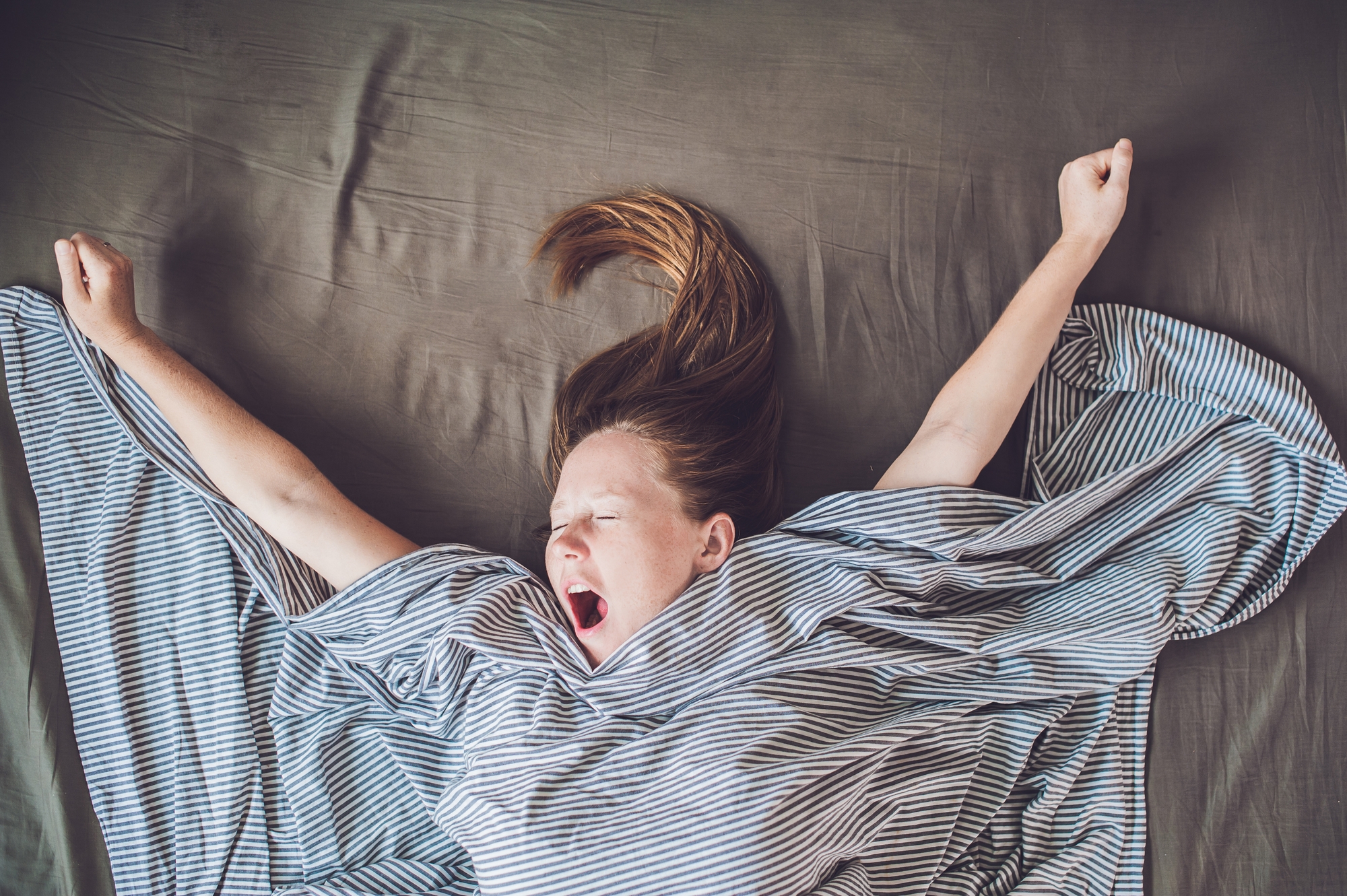Getting a good night’s sleep is important for maintaining brain health.
Poor sleepers tend to have a greater build-up of beta-amyloid — the protein linked to Alzheimer’s — and perform worse on memory tests.
The reason, scientists believe, is that sleep activates the brain’s waste disposal system, allowing it to clear away debris, toxic proteins and other byproducts of neural activity.
But a recent study suggests this may not be as clear cut as it appears.
Here’s what the scientists found out.
Glial Cells – Housekeepers of the Brain
Michele Bellesi, MD, PhD from the University of Wisconsin-Madison, led a research team to assess the effect of sleep on glial cells. These are responsible for the brain’s housekeeping functions.
Glial cells are divided into two categories, astrocytes and microglia.
The former are star-shaped cells that protect neurons and maintain the synapses, the junctions between brain cells. The microglia defend against pathogens and clear away damaged neurons and clumps of protein, a process called phagocytosis.
For the study, mice were divided into four groups:
- Well rested — allowed to sleep for six to eight hours
- Spontaneous wake — periodically woken from sleep
- Sleep deprivation — kept awake for an extra eight hours
- Chronic sleep restriction — kept awake for five consecutive days
Using advanced electron microscopes, the researchers found that the activity of astrocytes was 5.7% in the synapses of the well-rested group, 7.3% in the spontaneous-wake mice, 8.4% in the sleep-deprived, and a huge leap to 13.5% in the chronically sleep-restricted.
The astrocytes became more active the more sleep was disturbed, and went into overdrive when sleep was chronically deprived.
The Brain Starts to Eat Itself
While they may do a thorough job of clearing away debris and rebuilding worn circuitry, the astrocytic phagocytosis observed in the third and fourth groups involved gobbling up areas of synapses. Normally, you don’t want to lose synpases, but this may be an exception. Scientists aren’t sure yet.
Dr. Bellesi said, “We show for the first time that portions of synapses are literally eaten by astrocytes because of sleep loss.”
This is a twist on what scientists previously thought – that phagocytosis, the devouring of tissue, is a function that happens during sleep. Apparently it can also happen when the creature is deprived of sleep.
Since this was observed after just a few hours of sleep deprivation, it likely occurred as a response to increased neural activity. This may be beneficial because it involved clearing worn components of the more mature, largest and heavily used synapses.
Dr. Bellesi compared these synapses to old pieces of furniture that need more attention and cleaning.
While phagotycosis is beneficial because it helps to break down worn and damaged structures and recycle them to build new ones, in theory, chronic sleep deprivation could cause it to go beyond this, destroying entire structures and leading to faulty communication.
Positive effects there may be — at least in the short term — from ramped up astrocyte activity (Dr. Bellesi and his research team have not yet reached any firm conclusions), but the same could not be said of the microglia, which were only activated in the fourth group of mice, those inflicted with chronic sleep restriction.
Sustained activity of these cells is seen in neurodegenerative diseases including Alzheimer’s.
The researchers concluded that “extended sleep disruption may lead to a state of sustained microglia activation, perhaps increasing the brain’s susceptibility to other forms of damage.”
The takeaway from this new research — albeit in mice — is to make sure any loss of sleep is short-term only. Never allow this to become a chronic condition.







